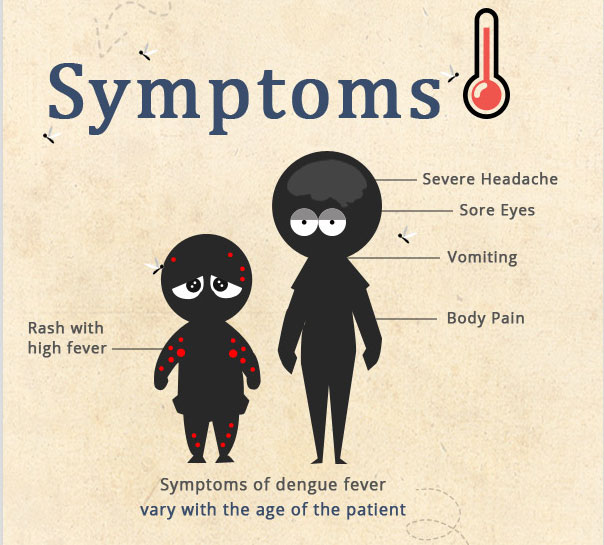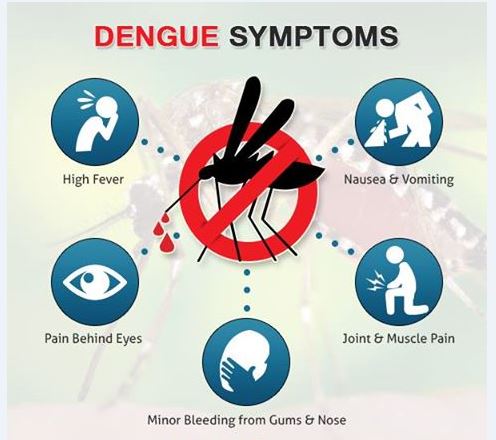Best Multi-Speciality Hospital in Mandi
We believe in a complete Healthcare and our mission is to provide patients with clinical excellence & ethical practices to provide unmatched healthcare services in Himachal Pradesh.Our excellence in work makes us the Best Multi-speciality Hospital in Mandi. We are Transforming lives to become India’s one of the most trusted & valued healthcare network. We are here to provide the best of health care. our expert team of doctors and staff will help you to recover from your medical condition.
All we know that summer season is there and it comes with lots of health swings like fever, cold, etc. Some of the dangerous diseases also affect in this season like malaria, Dengue, Chickengunia etc. First, we need be aware of what Malaria Is ? and how it affects us. Read the complete information about the disease, treatment, and effects.
What is malaria?
Malaria is a life-threatening disease. It’s typically transmitted through the bite of an infected Anopheles mosquito. Infected mosquitoes carry the Plasmodium parasite. When this mosquito bites you, the parasite is released into your bloodstream.
The parasites continue to infect red blood cells, resulting in symptoms that occur in cycles that last two to three days at a time.

Malaria facts
- More than 210 million cases of malaria occurred worldwide in 2015.
- The World Health Organization estimates that 438,000 people died of malaria in 2015; the vast majority are young children in sub-Saharan Africa.
- This is a significant decrease in deaths since 2000 due to increased prevention and control measures.
- Malaria was a serious public health threat in the U.S. until it was eliminated during the 1920s-1940s. Much of the early work done by the CDC focused on controlling and eliminating malaria in the U.S.
What are the symptoms of malaria?
The symptoms of malaria typically develop within 10 days to four weeks following the infection. In some cases, symptoms may not develop for several months. Some malarial parasites can enter the body but will be dormant for long periods of time. Common symptoms of malaria include:
- shaking chills that can range from moderate to severe
- high fever
- profuse sweating
- a headache
- nausea
- vomiting
- abdominal pain
- diarrhea
- anemia
- muscle pain
- convulsions
- coma
- bloody stools
How is malaria diagnosed?
An experienced doctor will be able to diagnose malaria. During your appointment, your doctor will review your health history, including any recent travel to tropical climates. A physical exam will also be performed. A doctor will be able to determine if you have an enlarged spleen or liver. If you have symptoms of malaria, your doctor may order additional blood tests to confirm your diagnosis. These tests will show:
- whether you have malaria
- what type of malaria you have
- if your infection is caused by a parasite that’s resistant to certain types of drugs
- if the disease has caused anemia
- if the disease has affected your vital organs
What Is the Follow-up for Malaria?
Patients should report any recurrent fever or symptoms to their doctor because treatment failures may occur. People who have had malaria should not donate blood for at least three years after treatment and should notify the donation center that they have had malaria. People who traveled to areas where malaria occurs also should not donate blood or other blood products for a period of time, which varies according to the circumstance. Contact the donation center for specific advice.
What is Dengue?
Dengue fever is a disease caused by viruses that are transmitted to people by mosquitoes. Dengue fever usually causes fever (high, about 104 F-105 F), skin rash (see Figure 1), and pain (headaches and often severe muscle and joint pains). The disease has also been termed “breakbone fever” or “dandy fever” because the unusually severe muscle and joint pains can make people assume distorted body positions or exaggerated walking movements in an effort to reduce their pain.

Symptoms can appear up to 7 days after being bitten by the mosquito that carries the virus.
They include:
*aching muscles and joints
* body rash that can disappear and then reappear
* high fever
* an intense headache
* pain behind the eyes
* vomiting and feeling nauseous
* Symptoms usually disappear after a week, and mild dengue rarely involves serious or fatal complications.
How is Dengue Fever Caused and Spread?
Dengue fever and dengue hemorrhagic fever spread from human-to-mosquito-to-human by the bite of mosquitoes carrying the dengue virus. The dengue virus belongs to a group known as Flavivirus and can be typically divided into four viral serotypes, DEN-1, DEN-2, DEN-3, and DEN-4, which are closely related but differ in their antigens.

Many species of mosquitoes under the genus Aedes transmit dengue; in particular, the Aedes aegypti species is most commonly associated with it and the major cause of dengue transmission. This species of mosquito breeds in stagnant waters and usually bites during daylight hours. The virus circulates in the blood for 2-7 days after a person is infected, during which time a mosquito biting the person would acquire it and in turn bites and infects another person.
What are the Complications of Dengue Fever?
Dengue fever may sometimes develop into more dangerous forms such as dengue hemorrhagic fever or dengue shock syndrome, which may lead to the development of life-threatening symptoms. Some of the complications caused by the disease include:
- Severe dehydration
- Continuous bleeding
- Low platelets, due to which clotting of blood doesn’t occur
- Blood pressure may go dangerously low
- Bradycardia (heart beating less than 60 counts per minute)
- Damage to the brain due to bleeding, seizures or encephalitis
- Damage to the immune system
- Enlargement of liver and liver damage

